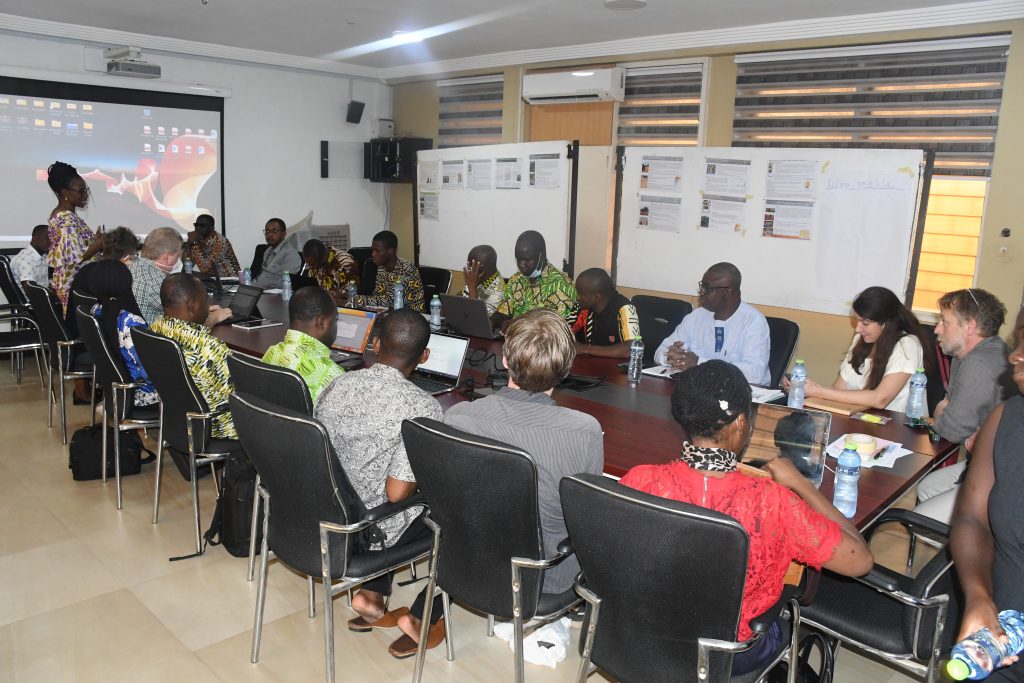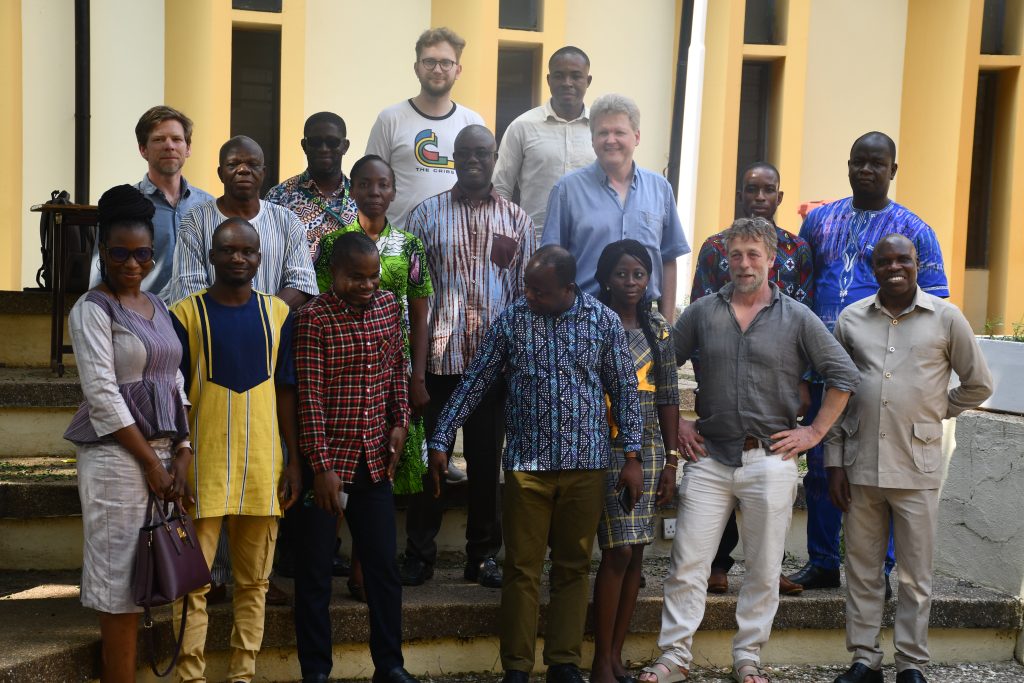
The MiTra-WA (Migration and Trans-locality in West Africa) Project consortium has held a two-day workshop in Kumasi, Ghana, to review planned research activities and assess global progress. The Project, coordinated by WASCAL, Stakeholders in the Mitra-WA project have reviewed research activities on data collection and preliminary results on the progress reports and climate services.
Prof. John Tiah Bugri, Rector and representative of Kwame Nkrumah University of Science and Technology (KNUST) indicated that translocation migration is a major challenge in West Africa. He, therefore, expressed satisfaction with the objective of the project which consists, among others, in investigating climate change, migration, and translocality complex relationships.
Prof. Malte Steinbrink, Principal Investigator of the project, expressed his satisfaction about the achievements of the Mitra-WA project goals for the previous years.
Dr Safietou Sanfo, Regional Thematic Coordinator of the project elaborated on climate and environmental services and on the process towards co-developing, co-delivering and co-disseminating the services among the project stakeholders.
‘’There is a need to develop policy on trans-locality migration by linking migration to climate change and provide persuasive services to decision makers’’ She spoke.
The Mitra-WA project is being implemented by a consortium of German (the University of Passau, University of Dortmund) and African partners Center for Migration Studies of University of Ghana, Kwame Nkrumah University of Science and Technology, Kumasi Department of Planning Institut Supérieur des Science de la Population University of Joseph Ky Zerbo and University of Ibadan) to tackle migration trans-locality challenges in West Africa in the context of climate change.
The project focuses on research and capacity building with topics cutting across migration, trans-locality and agriculture, transportation housing, climate change and climate extreme events such as floods, dry spells, and food security.


